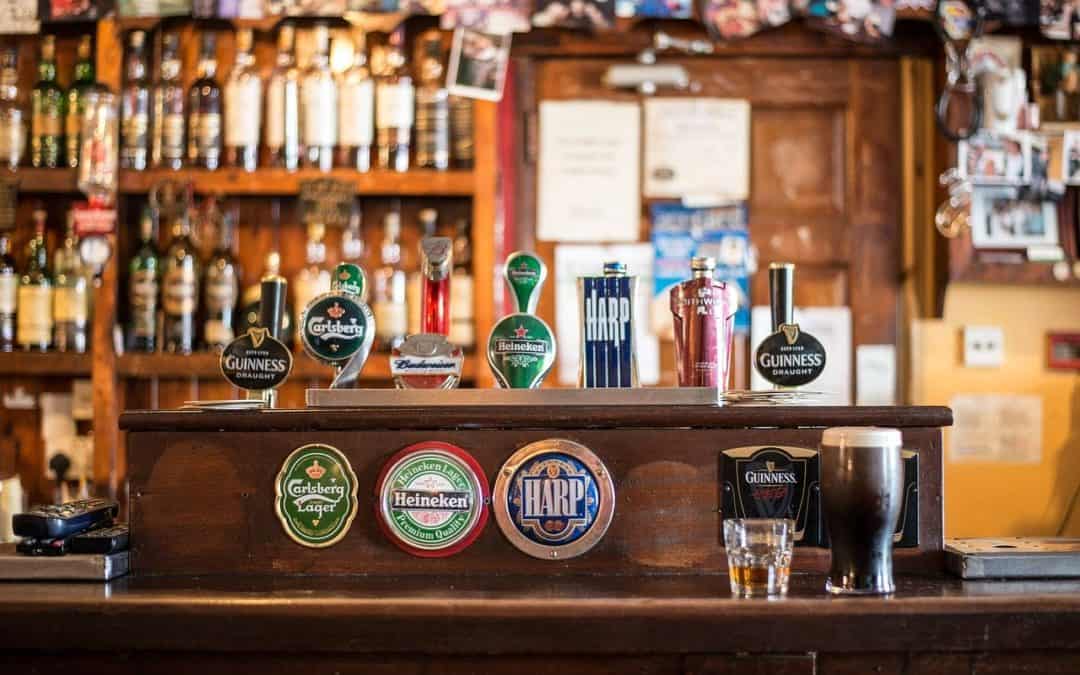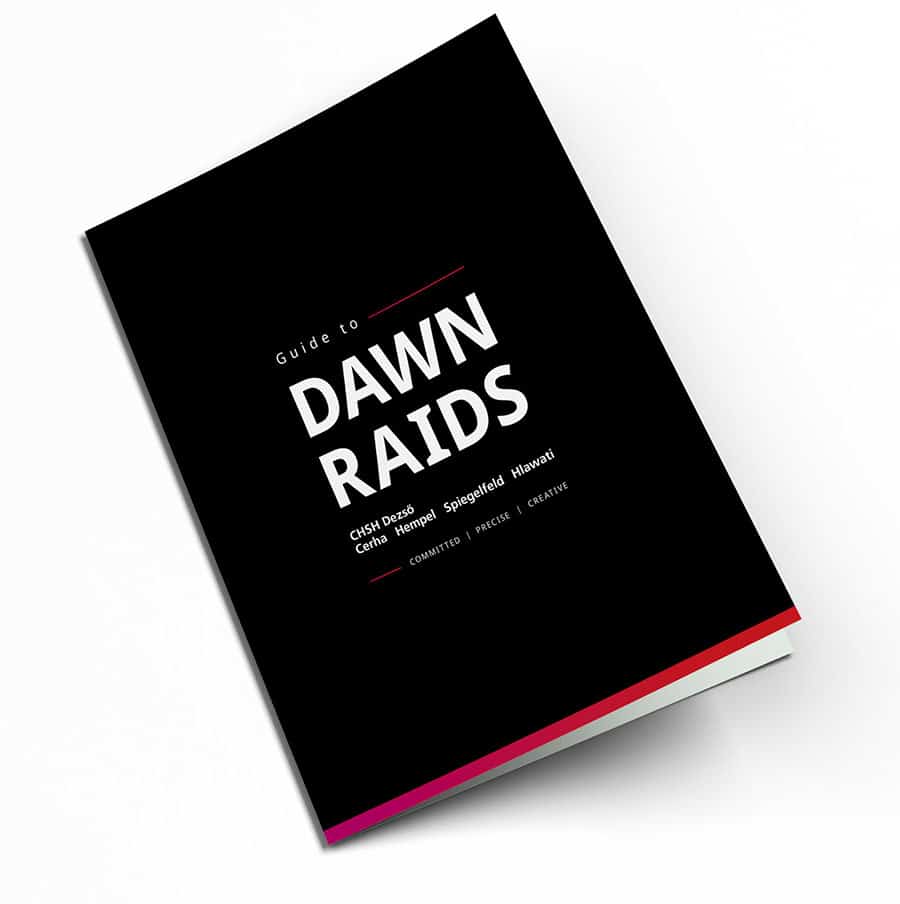A fair bit of storm has been kicked up by a recent piece of draft legislation that would add a new rule to the Act on Commerce, prohibiting places of hospitality and large beer and soft drink producers from entering into exclusive contracts and thereby limiting competition. On the basis of what appear to be quite resolute statements by government officials reported in the media, the new regulation would soon eliminate the “one pub – one beer” model and radically transform the Hungarian hospitality industry. Many articles have been devoted to the economic and business aspects of the new rules, but none to legal considerations so far. We will now correct that problem with the help of competition experts from CEHA HEMPEL Dezső & Partners, focusing on what legal implications the new rules will and might have.
Tamás Polauf, a partner at CEHA HEMPEL Dezső & Partners, believes that the problem is rooted in certain legal and historical issues. Since the fall of communism in the late 80s, the typical model for places of hospitality (or HoReCa units) has been that they are financed by large beverage manufacturers (typically beer companies in the case of pubs, and soft drink or coffee producers in the case of other places, such as cafés) when they first open. In practice, this model means that in exchange for a certain quantity that the pub or café owner promises to sell, the manufacturer will furnish the new place with expensive equipment (beer tap, refrigerator, espresso machine, furniture, glasses, etc.) that a start-up company would not necessarily be able to buy on its own. The reluctance of banks to provide loans to pub owners out of fear that recovery might be uncertain and out fear of being associated with an industry of dubious reputation is generally thought to be one of the reasons why this model has developed. “At the beginning, the model seemed to have only positives”, says Mr Polauf “because pubs, cafés and restaurants had financing to start their operations, while beverage manufacturers acquired markets.” By the end of the 1990s, however, small beer manufacturers that had been doing quite well previously were gradually squeezed out of pubs by large competitors. The “support contracts” also became increasingly onerous, and initial quantity requirements were replaced by contracts that imposed full exclusivity (“one pub, one tap”).
“Such exclusive contracts can violate Hungarian and Community legislation”, points out Márton Kocsis, the leader of the competition practice at CERHA HEMPEL Dezső & Partners. There is no issue as long as a fairly small competitor (competition law allows the application of certain restrictive provisions under a market share of 30%) uses such requirements alone, because the related benefits (new businesses can enter the market, consumers will have a better experience) can outweigh the restrictions on competition. The problems start when everybody on the market imposes such requirements on pub, café and restaurant owners, who obviously have a weaker bargaining position. According to the latest investigation by Hungarian Competition Authority (HCA) of the beer market, the three large breweries (Dreher, which is currently in Japanese ownership; Soproni, a subsidiary of the Dutch Heineken, and Borsodi, which is in American ownership), and Carlsberg, the largest importer, held about 85% to 95% percent of the Hungarian HoReCa market. The HCA and Hungarian-owned small breweries are concerned that pubs, cafés and restaurants with such contracts are taken out of competition, and consumers suffer in the end: in the absence of competition, large companies become comfortable and start raising prices or cutting costs on innovation, and the quality of their products can suffer. “However, the Competition Council eventually decided that this competition issue could be managed with the breweries’ voluntary agreement to implement certain changes”, adds Mr Kocsis, who led the HCA’s investigation of the beer market. The large beer companies agreed that they would reduce the number of exclusive contracts, opening up the market and allowing smaller suppliers to have their piece of the cake. A recent HCA decision has revealed that Dreher and Borsodi has met its commitments, but Heineken is still under investigation to determine whether it acted properly in connection with its contracts with pubs. “It is also true”, adds Mr Kocsis “the HCA has never investigated the contracting practices of manufacturers of other beverages, such as soft drinks, spirits or coffee, even though it is likely that they also apply similar requirements in their contracts with pubs, cafés and restaurants.”
“The new legislation would replace the HCA’s more careful approach with more robust regulatory intervention”, points out Mr Polauf. On the basis of the bill submitted to the Parliament, the government would simply prohibit companies from concluding contracts that limit the number of beverage brands that can be sold in pubs, cafés or restaurants. Although the bill could still change and there will be many legal issues raised in connection with it (e.g. what qualifies as a “small operation brewery”; who will have the authority and, more importantly, the resources to check these contracts; or what happens if a pub sells the products of small breweries but customers do not buy enough to meet the 20% sales quota; etc.) but it is clear already that the regulations will strongly interfere in the parties’ freedom of contract.
CERHA HEMPEL’s competition experts warn that the regulation will probably be tested in various courts as it appears to primarily infringe the interests of international corporations, which have sufficient resources to pursue that route. It is probable that large manufacturers (and not necessarily just breweries; the regulation will also have a major impact on soft drink producers whose branded sunshades and glasses are common sights is pubs, bars, cafés and restaurants) will start various legal procedures and will not give up their hard-won business relationships without a fight. Mr Polauf believes that a constitutional complaint could be filed with Hungary’s Constitutional Court, but companies affected by the regulation could also seek relief directly from the European Court of Justice, which might even result in an infringement procedure against Hungary. As Mr Kocsis adds, the reason for this is that these contracts are not considered restrictive under Community competition law (there is a large body of case law in this respect), while the Hungarian legislation appears to use a competition law approach to prevent the large manufacturers’ practices. It is easy to see that where Community and national law collides, Brussels (and Luxembourg) will have the final say. Another possibility is that the relevant companies, which are mostly owned by international corporations, will charge that the EU’s fundamental freedoms are violated or that the new regulation is in fact prohibited state aid (in that it seems to favour locally-owned small companies).
On the other hand, it is obviously also possible that some form of amicable solution is reached, and probably this would serve the interests of the relevant companies the best. In the wake of the coronavirus pandemic, it would be important if, besides regulations designed to intensify competition, the SMEs that operate pubs, bars, cafés and restaurants would also receive some support, whereas the loss of what has so far been secure revenue from manufacturers would have the opposite effect. The legal experts warn that the regulation in question will probably raise many other legal questions that will have to be answered at some point in the future.
Tamás Polauf, Partner Márton Kocsis, Head of Competiton law



